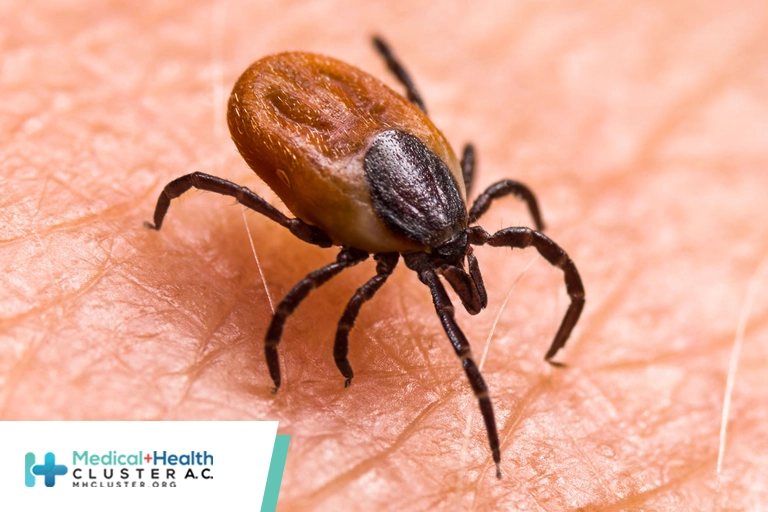En atención a la creciente preocupación sobre la confianza en...
Leer más
Vaccines, Better Tests Are Coming for Lyme Disease

This may be one of the last few summers that people will need to mostly depend on doing tick checks as the best defense against getting Lyme disease. Multiple drugmakers are developing vaccines that could help people avoid the many troubling symptoms of the tick-borne illness.
Earlier this month, Moderna announced it has two Lyme disease vaccines in development. And Pfizer and French vaccine-maker Valneva SE plan to submit an application to the FDA in 2025 for their joint effort on a new Lyme disease vaccine. The vaccine trial is in its final phase. There was a setback when a company running part of the trial made mistakes that required some of the data to be thrown out, even though the problems did not relate to vaccine safety, Pfizer announced in February.
Lyme disease is caused by bacteria that humans can get from the bite of blacklegged ticks, which are a specific type that typically live in the northeast and mid-Atlantic states, North Central states, and on the West Coast. Symptoms include fever, headache, fatigue, and skin rash, but they can worsen to become issues with joints, the nervous system, and the heart, the CDC says.
Ticks are more active during warmer months, and the current ways to prevent Lyme disease are to wear insect repellent and remove ticks promptly, according to the CDC. There is no definitive count of how many cases of Lyme disease occur annually because testing can be a challenge. But one estimate, which was based on insurance claims data, showed that 476,000 people in the U.S. are diagnosed and treated for Lyme disease annually.
A 2-year multimillion-dollar competition called the LymeX Diagnostics Prize is underway in which scientists are seeking ways to detect active Lyme disease infections in people.
Lyme disease vaccines have been available for dogs for years, and a human version was FDA-approved in 1998. But the company that made the human vaccine pulled it from the market 3 years later, after media coverage of side effects resulted in low demand.
“The primary reason is there was immense anti-vaccine sentiment about the vaccine, much like we had with measles vaccine. It’s illogical,” said Gregory A. Poland, MD, of the Mayo Clinic, in a podcast produced by the clinic last year.
Sources
Pfizer: “Pfizer and Valneva Issue Update on Phase 3 Clinical Trial Evaluating Lyme Disease Vaccine Candidate VLA15.”
CDC: “Lyme disease,” “How many people get Lyme disease?”
LymeX: “About the competition.”
Epidemiology & Infection: “The Lyme vaccine: a cautionary tale.”
Mayo Clinic: “Mayo Clinic Minute: Will there be a Lyme disease vaccine for humans?”




